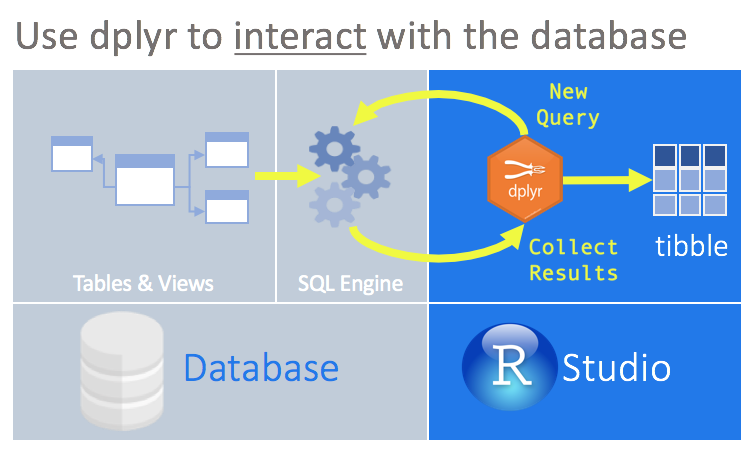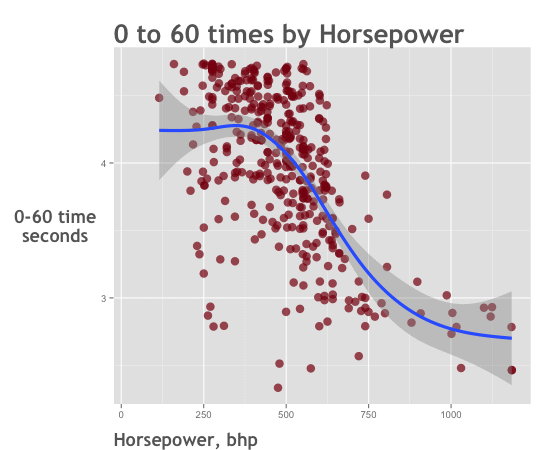
A useful dplyr function for calculating summary statistics is summarize. i When switching from summarise() to reframe(), remember that reframe() always returns an ungrouped data frame and adjust. The darker, top row of each table represents the column headers.
PS: This is my first attempt to write formatted R codes at this forum, hope I haven't been terrible at it. group listcol- 1 A
- 2 A
- 3 B
- Warning message: Returning more (or less) than 1 row per summarise() group was deprecated in dplyr 1.1.0.
I am expecting following results: tapply(titanic_df $Freq, titanic_df$Class, sum) The output is a single row of sum of the entire Freq column, not segregated by Class. But when I try to summarize the variable Freq in this grouped df, output is not grouped by Class. Now I group the df by Class: head(titanic_df %>% group_by(Class)) When I create groups using group_by() function, output does not result in summary rows for each group. In addition to using summarize() from dplyr, the tabyl() function from the. Yet, as you can see above, I am not passing a list in. More often than not, ''x' must be atomic' is tripped by trying to sort a list. If you are wondering why this is the default behavior, this is because it is often nice to create a column and then use that column value later in the transformations.I am learning basics of package in R and working with summarize() function. Things are made more frustrating by trying to resolve this on a remote cluster. If you re-order the columns, it will work. In the example above, fist you select some column to apply function in a list, you map them to a list of same length with the different functions you want and it will apply respectively in. The glucose=mean(glucose, na.rm=TRUE) part has changed the value of the glucose variable such that when you calculate the glucose.sd=sd(glucose, na.rm=TRUE) part, the sd() does not see the original glucose values, it see the new value that is the mean of the original values. The current function uses dplyr::summarize, but now I see this is deprecated, and I want to replace it before it is fully removed.

I have a function that calculates the means of a grouped database for a column which is chosen based on the content of a variable VarName. The transformations you specify in summarize are performed in the order they appear, that means if you change variable values, then those new values appear for the subsequent columns (this is different from the base function tranform()). Moving from deprecated summarize to new summarize in dplyr.

Summarise(glucose_mean=mean(glucose, na.rm=TRUE), There are a few ways you can control the Dataset creation to adapt to special use cases. Renaming "glucose" to "glucose_mean" works df %>% group_by(time) %>% So it's not just an issue with using "." in name df %>% group_by(time) %>% Same error when using variable name without "." Not sure if it's a recent addition, but I caught this recently when loading the two: You have loaded plyr after dplyr - this is likely to cause problems. Indeed, I'd added plyr after loading dplyr.This is why.
#Dplyr summarize issues with list code#
If I add "an" for first summary it works fine df %>% group_by(time) %>% I couldn't figure out why code ran fine once using summarize but not upon visiting it later. Summarise(glucose.sd=sd(glucose, na.rm=TRUE), Removing the "glucose" summary fixes it too even though "glucose.sd" is leftĮxample: after removing "glucose", result is OK df %>% group_by(time) %>% Removing existing df col names from the output fixes this df %>% group_by(time) %>% Or using the same name as in the dataframe. I wondered if it was an issue with using either "." in name, Summarise(glucose=mean(glucose, na.rm=TRUE), Question: Although this problem can be worked around, am I violating a basic variable naming rule that I'm violating, or is there a program issue that needs to be addressed? I've seen other questions with variable behavior with summarise, but not quite this. Valid results still obtained depending on the combinations of "." or "_" in output col names.Problem can be fixed by using camelCase variable naming (not shown) or by using an output variable without non-alphanumeric separator in name.Same results obtained with or without NA data (not shown).plyr package is not loaded, which I know could cause problems with dplyrif loaded first.Changing the "name" of the output has variable effects (examples below).

I'm using the dplyr package ( dplyr 0.4.3 R 3.2.3) for basic summary of grouped data ( summarise), but get inconsistent results (NaN for 'sd', and incorrect count for 'N").


 0 kommentar(er)
0 kommentar(er)
